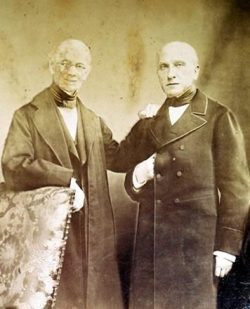Edouard Reuss (1804-1891)
Although Edouard Reuss was a professor of theology in the protestant Faculty of Strasburg, he was above all a historian ; dogmatics had little to do with his analysis of the Bible or Calvin’s works. He was a liberal Lutheran and it was through him that French Protestants were able to discover the immense scope of German biblical research.
A historian
Edouard Reuss was born in Strasbourg, into a family of successful tradesmen ; at first he studied theology in Strasbourg, then in Göttingen, later specializing in oriental languages in Halle and Paris. He was “privat-docent” junior lecturer in 1828 and officially appointed lecturer at the protestant seminary in Strasbourg. Then from 1838 to 1888 he held the chair of ethics and especially exegesis when he was a professor at the Faculty of Protestant Theology in Strasbourg. After the annexation of Alsace by Germany he still continued to work as a professor in Strasbourg, where he died in 1891. Today he is considered as a supporter of the liberal trend in Lutheranism.
He wrote many books, most of which were in German. Edouard Reuss was close to the “historico-critique” approach of C.Bauer (Tübingen), which associated exegesis to historical analysis and there was no room for ethics or metaphysics as far as he was concerned.
Some of his major publications include :
- Die Geschichte des Heiligen Schrift Neuen Testament (1842), and Die Geschichte des Heiligen Schrift Alten Testament (1881), which is indeed an encyclopaedia of the history of Israel up until Titus’ conquest of Jerusalem.
- The translation into French, with a commentary, of the Bible in 16 volumes (from 1876 to 1879).
- An edition of Calvin’s works which includes all his theological treatises.
According to Reuss, it was important to consider that the Bible was made up of elements relating to the cultural history of Judaism for the Old Testament and primitive Christianity for the New Testament. He rejected the “mythical” explanation of miracles in the Gospels – for him they were basically signs included in order to inspire faith. It was true that the story of Jesus’ resurrection was difficult to understand by the light of reason, but the resurrection was the very basis of the transcendental message of the Bible.
A teacher
The excellent reputation of the theology Faculty of Strasbourg until the fateful year of 1870 owed a great deal to Edouard Reuss. He was a remarkable teacher, insisting that his students pursue scientific studies at a high level in order to prevent academic study from becoming nothing more than professional training ; of course pastors had to preach the Bible message but they should study the texts in depth before beginning to write a sermon.
It was through Edouard Reuss that French Protestants were able to discover the immense scope of German biblical research. He was aware of the differences of opinion over the Bible and the Reform movement which were due to the Revival movement in France. Reuss thought that this was largely due to the fact that both sides had an inadequate knowledge of the sources of Christianity, as the basic biblical texts had never been studied objectively. In 1850 he started to publish the review Revue de Théologie et de Philosophie Chrétienne, better known as Revue de Strasbourg. The aim of this publication was to teach the new methods of studying the Bible coming from Germany to French Protestants.
It was always important for him to maintain the authority of the Bible, also to conciliate science and faith. He enabled both orthodox and evangelical Protestants to accept the results of biblical analysis, thus establishing a precious link between the two main trends of the French Protestant Church in his time. His works were a resounding success, both in France and abroad, especially in Great Britain.
Edouard Reuss (1804-1891)
strasbourg
Bibliography
- Books
- ENCREVE André, Les protestants, Beauchesne, 1993, Tome 5
- STROHL Henri, Le protestantisme en Alsace, Oberlin, Strasbourg, 2000
Associated notes
-
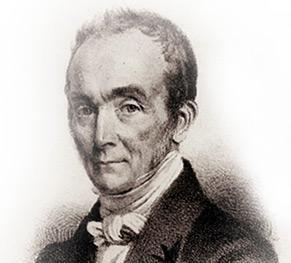
Ami Bost (1790-1874)
Ami Bost is considered as one of the best-known advocates of the Revival Movement. He was feared by those who opposed him because of his “bad temper” and his flair... -

Tommy Fallot (1844-1904)
Since his youth, Tommy Fallot had always been shocked by the protestant Church’s lack of interest in social issues (perhaps this may have been due to the fact that at... -
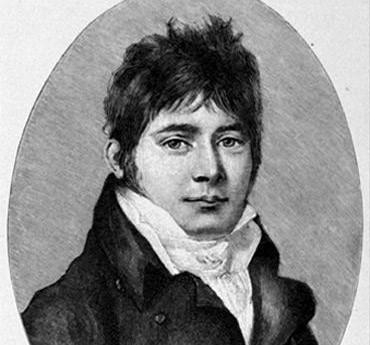
Samuel Vincent (1787-1837)
Pastor Samuel Vincent is a typical representative of French Protestantism from the South of France in the early 19th century. His writings and the theological reviews he helped to found... -
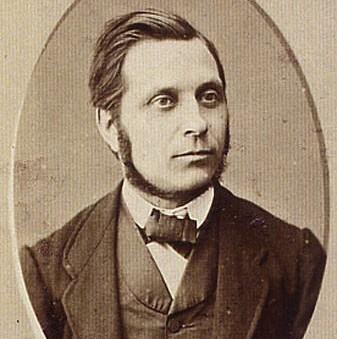
Jules Steeg (1836-1898)
Jules Steeg was born in Versailles in 1836 – his father, a shoemaker, was an immigrant from Germany and his mother was French. He was a pastor, a politician and... -
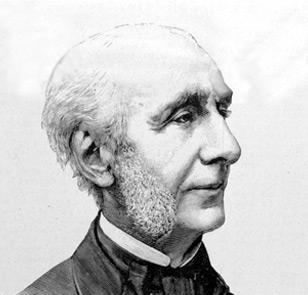
Edmond Scherer (1815-1889)

